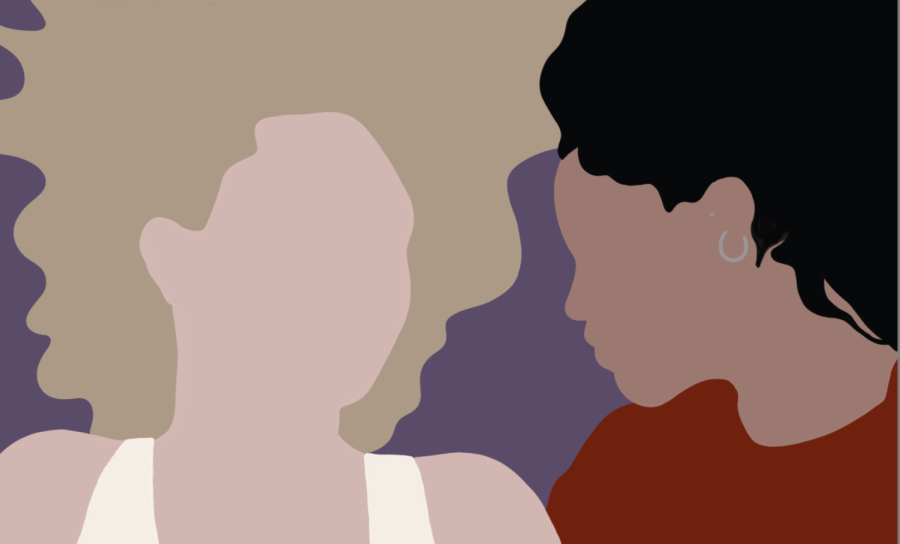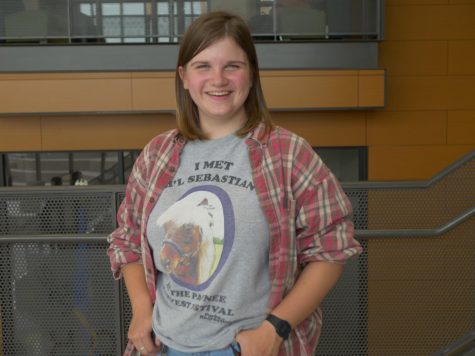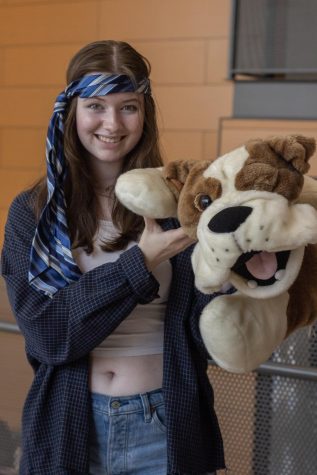“The Fallout” handles school gun violence with care and complexity
February 14, 2022
There were 34 school shootings in 2021—the highest number since 1999, in spite of a global pandemic pushing students in and out of in-person learning. It’s clear that school gun violence is a problem especially prevalent among today’s high-schoolers. In the wake of these constant tragedies, there have been a handful of films that have attempted to bring attention to this complex issue, but few have been as subtly thoughtful as Megan Park’s written and directorial debut, “The Fallout.” Park avoids wallowing in the evil of the atrocity portrayed or pontificating about gun reform, and instead crafts an affecting story about the shape-shifting nature of grieving and healing.
“The Fallout” follows Vada (Jenna Ortega of Netflix’s “You”), a laid-back teenager who prides herself on her “chillness,” in comparison to her high-strung, self-obsessed peers. She finds herself in the school bathroom with popular girl and social media influencer, Mia (dancer Maddie Zeigler), but their small talk is cut short by a harrowing series of bangs from out in the hallway. It’s an equalizing moment for the girls, who otherwise may never have regarded one another as an individual. Huddled in a single stall, they’re startled by another presence in the bathroom, Quinton (Niles Fitch), a fellow student covered in the blood of his gunned-down brother. Six minutes of shared trauma forms a unique bond between Vada, Mia, and Quinton that remains after the shooting stops.
Made clear by the authentic dialogue and attention to character detail, Park has her finger on the pulse of Generation Z. “The Fallout” addresses its target audience without patronization, treating teenagers as mature enough to deal with discussions of school shootings, an issue that affects them specifically. With the exception of a few outdated uses of “YOLO,” Vada talks like a real teenager. Jenna Ortega brings her to life in a way that feels so honest, so true to life. At moments when she could be melodramatic, she shows restraint. Vada’s attempts to suppress her trauma and move on as though nothing happened are portrayed with a quiet sense of real despair. She avoids her family and retreats into her new friendship with Mia. She can’t understand how Nick (Will Ropp), her longtime best friend, has turned the shooting into a reason for activism when she has lost any sense of purpose. She dabbles with drugs in an effort to feel like a more “normal” teenager and faces the consequences of her mistakes.
With Vada at the center, Park’s web of characters illustrates how grief can take many forms, and the path to healing is not a straightforward one. Each is given time and space to process their trauma as a real high schooler might. The film is empathetic without ever being preachy and never dramatizes what is already quite dramatic. Its only goal is to show how quickly grief forces children to grow up, that there is no correct way to grieve, and to implore the world to prevent any more of these commonplace abominations.



